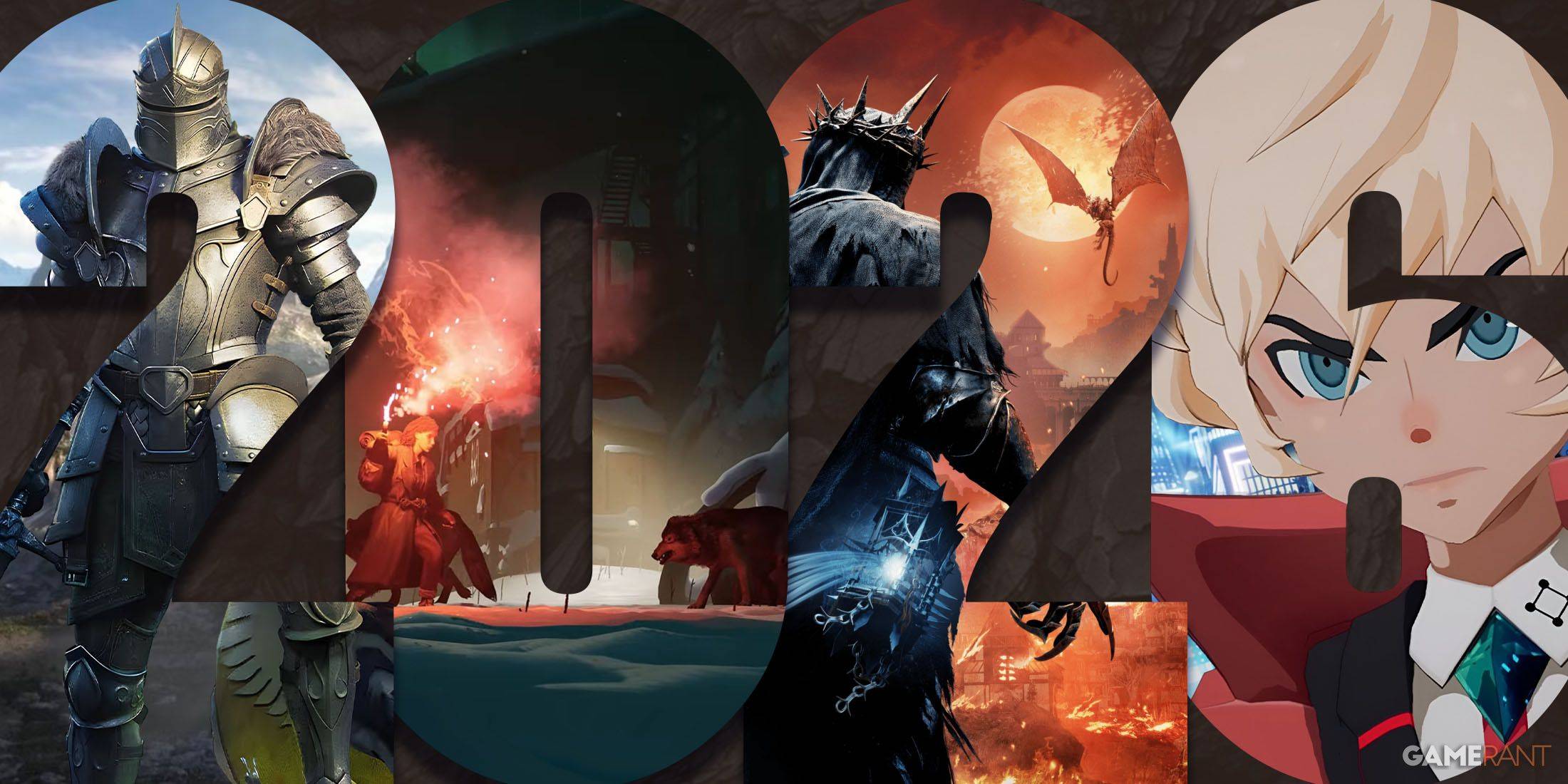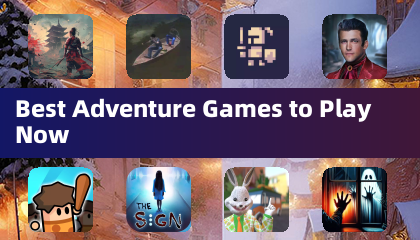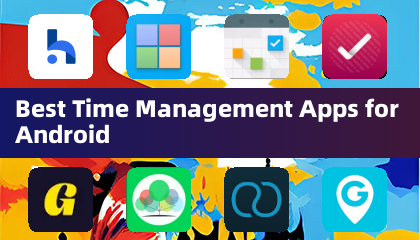Ex-Blizzard Leads Unveil New Venture at Dreamhaven Showcase
Five years ago, when Mike and Amy Morhaime founded Dreamhaven, I had the opportunity to speak with several of the founding members about their vision for the company. They articulated a clear goal of establishing a sustainable publishing and support pillar for game studios, including the two they were founding at the time, Moonshot and Secret Door, as well as other carefully selected partners.
At the conclusion of our interview, Mike Morhaime expressed an ambitious vision for the company:
"We want, if I may be so bold as to say, to be a beacon to the industry," he stated, referencing the company's lighthouse logo. "There's a better way of approaching the business of games and the operation of a game company that can yield excellent results in terms of both products and financial rewards, as well as creating a positive work environment. Our aim is to elevate the entire industry."
At the time Dreamhaven was founded, the gaming industry was witnessing a surge of new studios led by former AAA executives, all promising to build something more sustainable and innovative. However, the subsequent years brought challenges including a global pandemic, economic instability, widespread layoffs, studio closures, and project cancellations. Many of these visionary studios either shut down before releasing a product or postponed their ambitions indefinitely.
Despite these challenges, Dreamhaven has thrived. Today, they partnered with The Game Awards for their inaugural showcase, revealing not just one or two, but four new games. Two are internally developed: *Sunderfolk*, a turn-based tactical RPG with couch co-op set to release on April 23, and *Wildgate*, a newly announced crew-based first-person shooter focused on space heists (which we've previewed). The other two games, developed externally but published and supported by Dreamhaven, include *Lynked: Banner of the Spark*, an action-RPG from LA-based FuzzyBot currently in early access with a full launch planned for May, and *Mechabellum*, a turn-based tactical auto-battler from Chinese studio Game River, released last September. With Dreamhaven's assistance, Game River aims to keep *Mechabellum* updated and engaging for the long term.Dreamhaven is not just focused on their own projects; they are also supporting ten other external studios, many of which are founded and staffed by former AAA developers. This support ranges from investments and consultancy to fundraising and sometimes publishing. At the Game Developers Conference (GDC), Mike Morhaime explained that Dreamhaven's leaders envisioned creating a "net" to "capture some of this great talent that was dispersing" across the industry.
Wildgate - First Screenshots
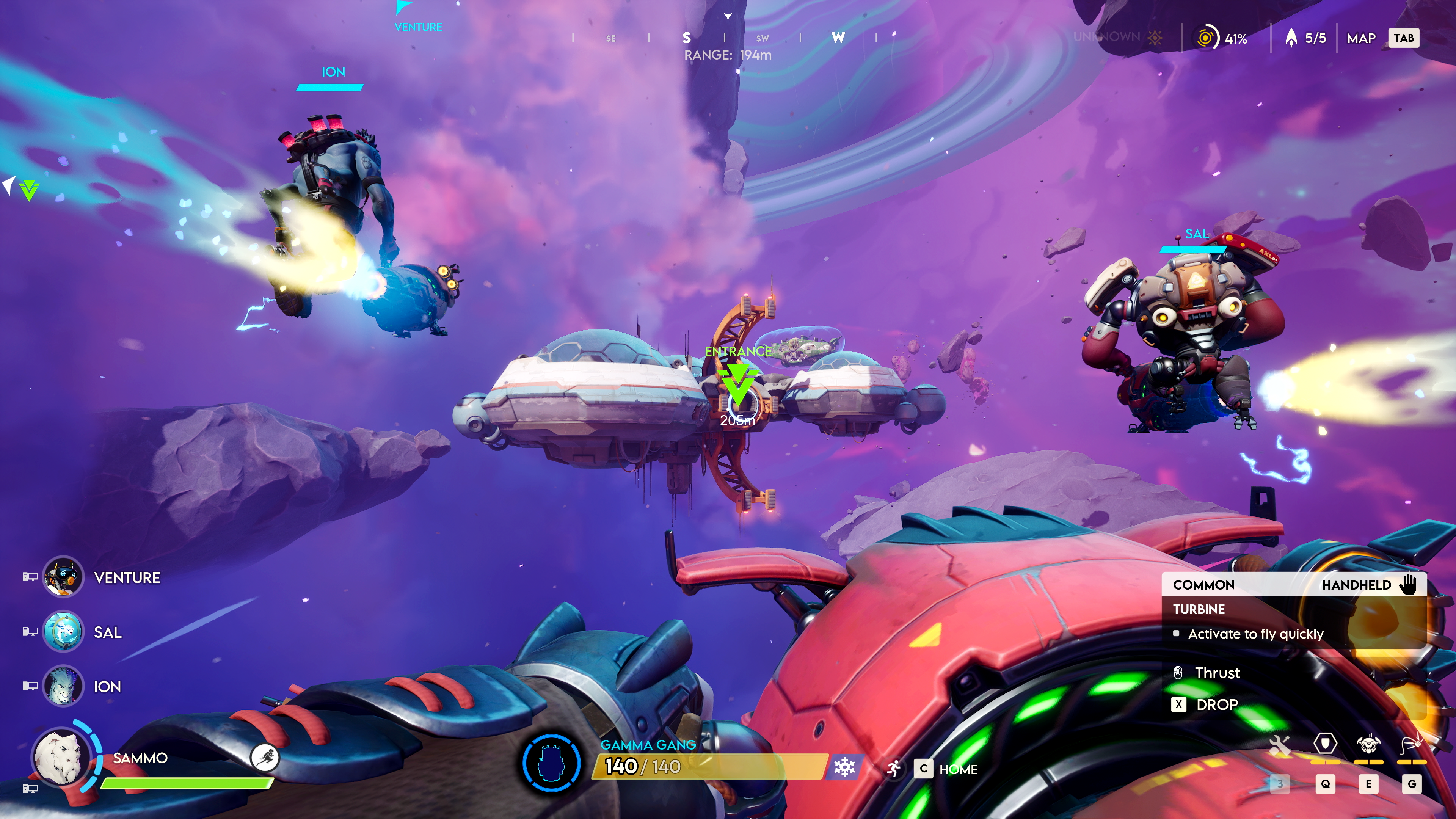
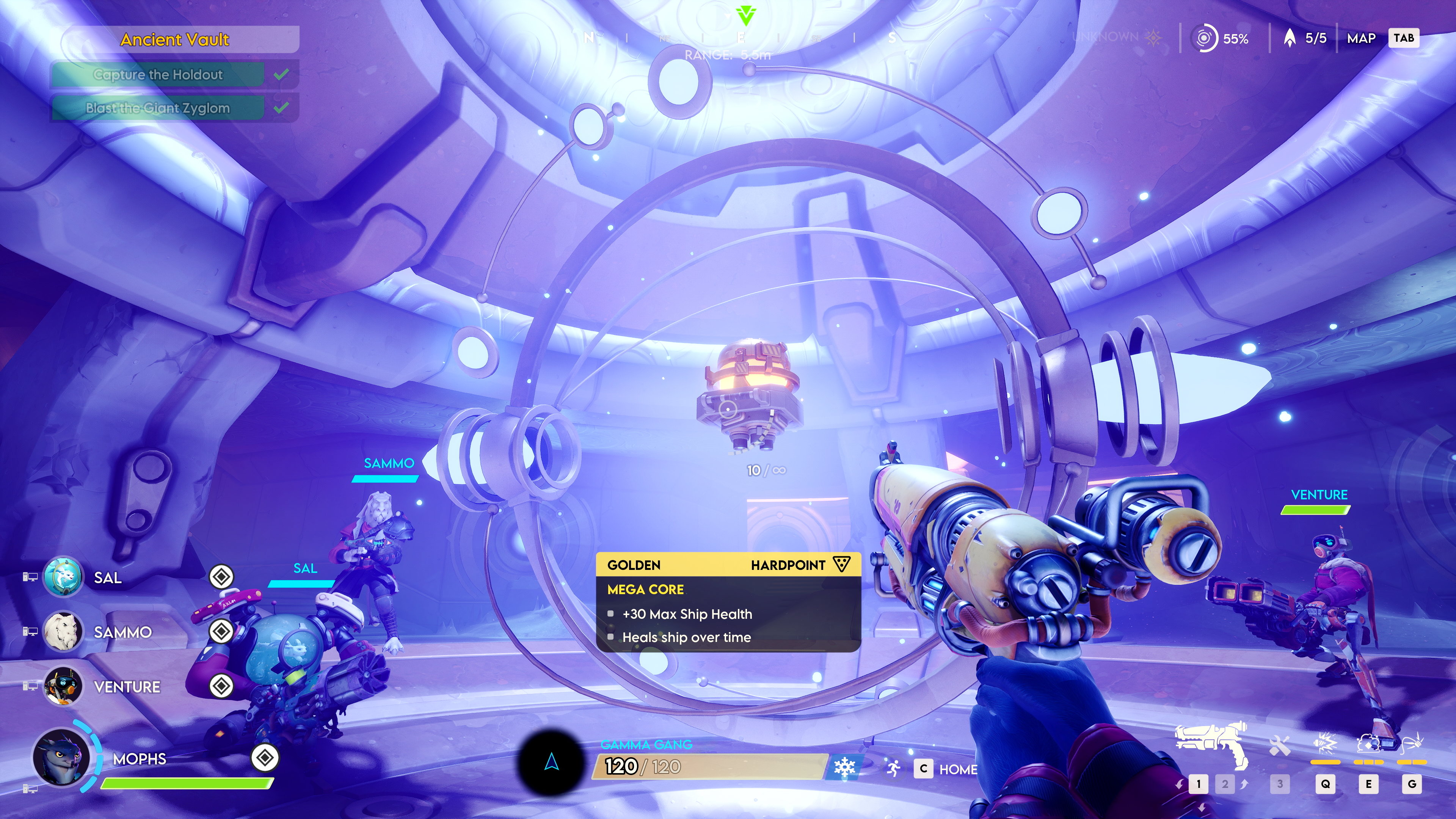 10 Images
10 Images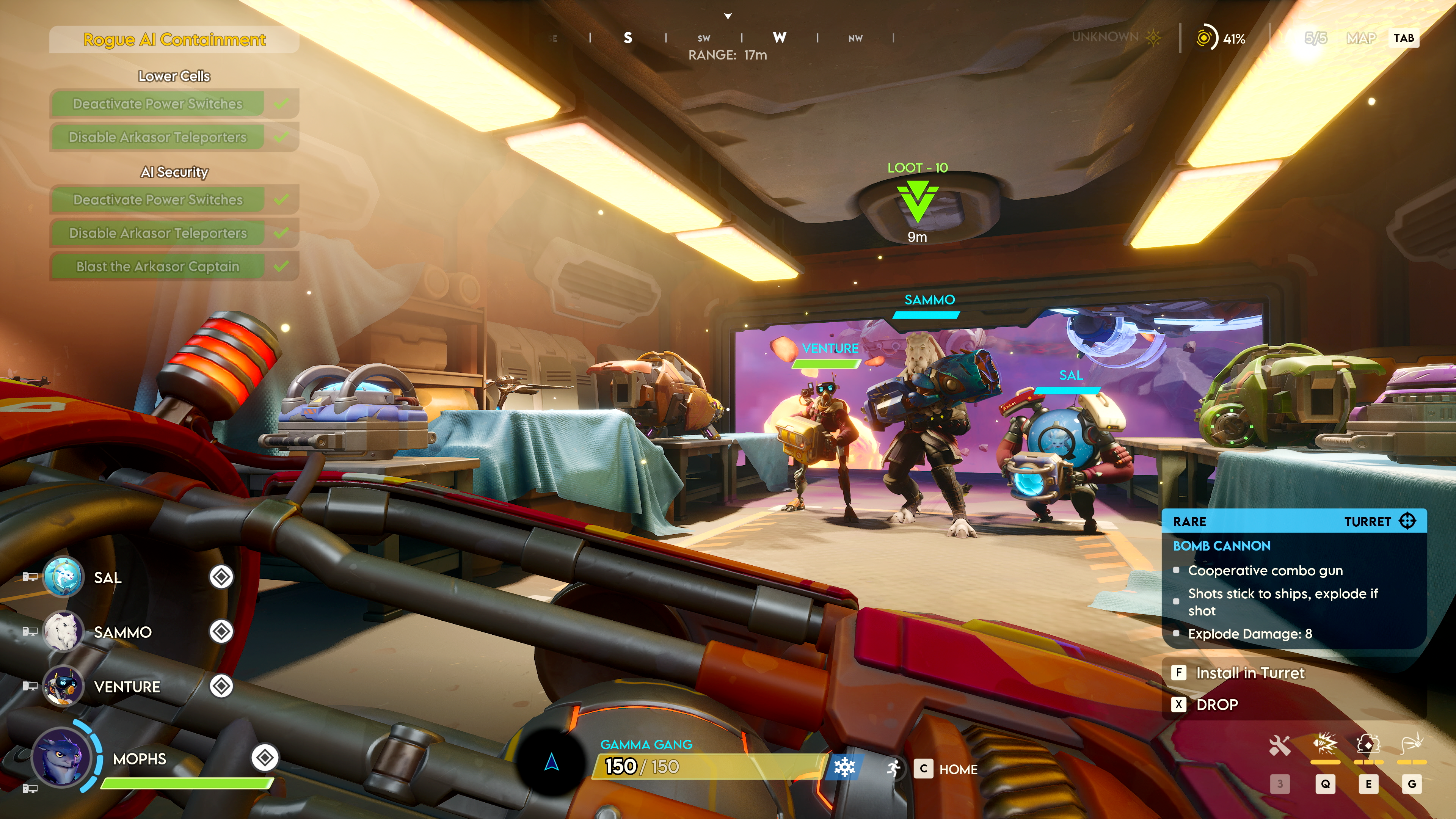
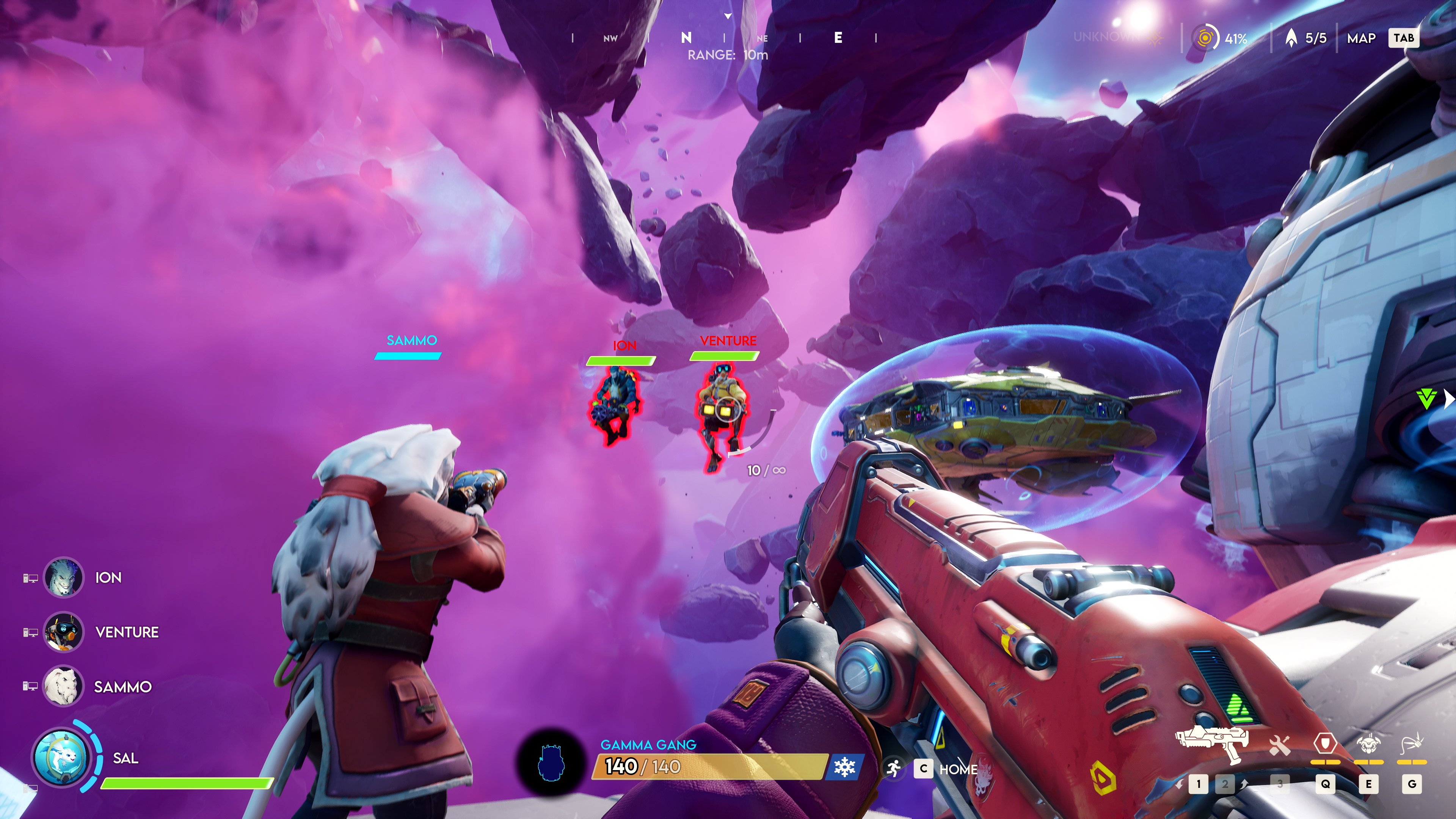
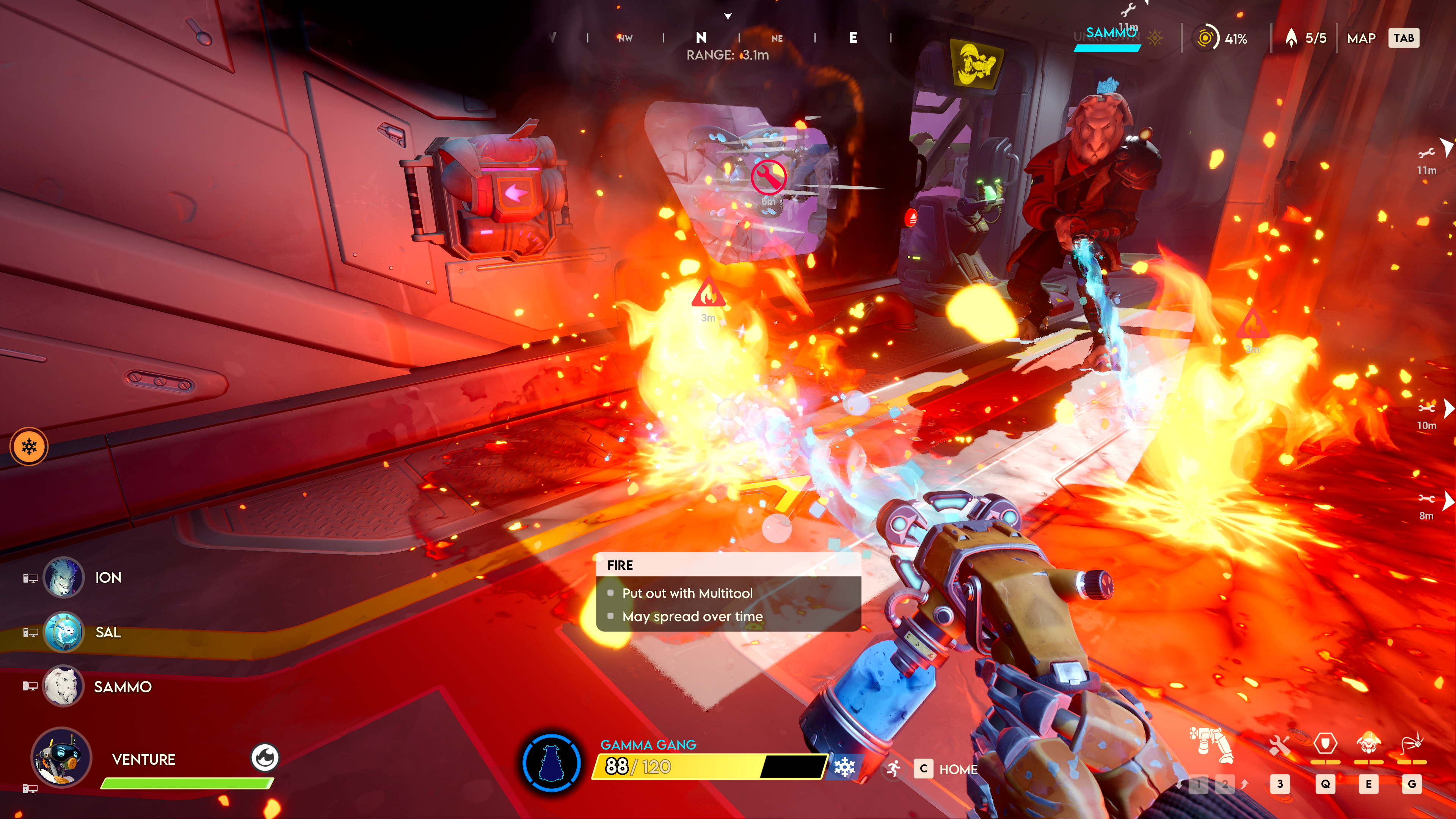
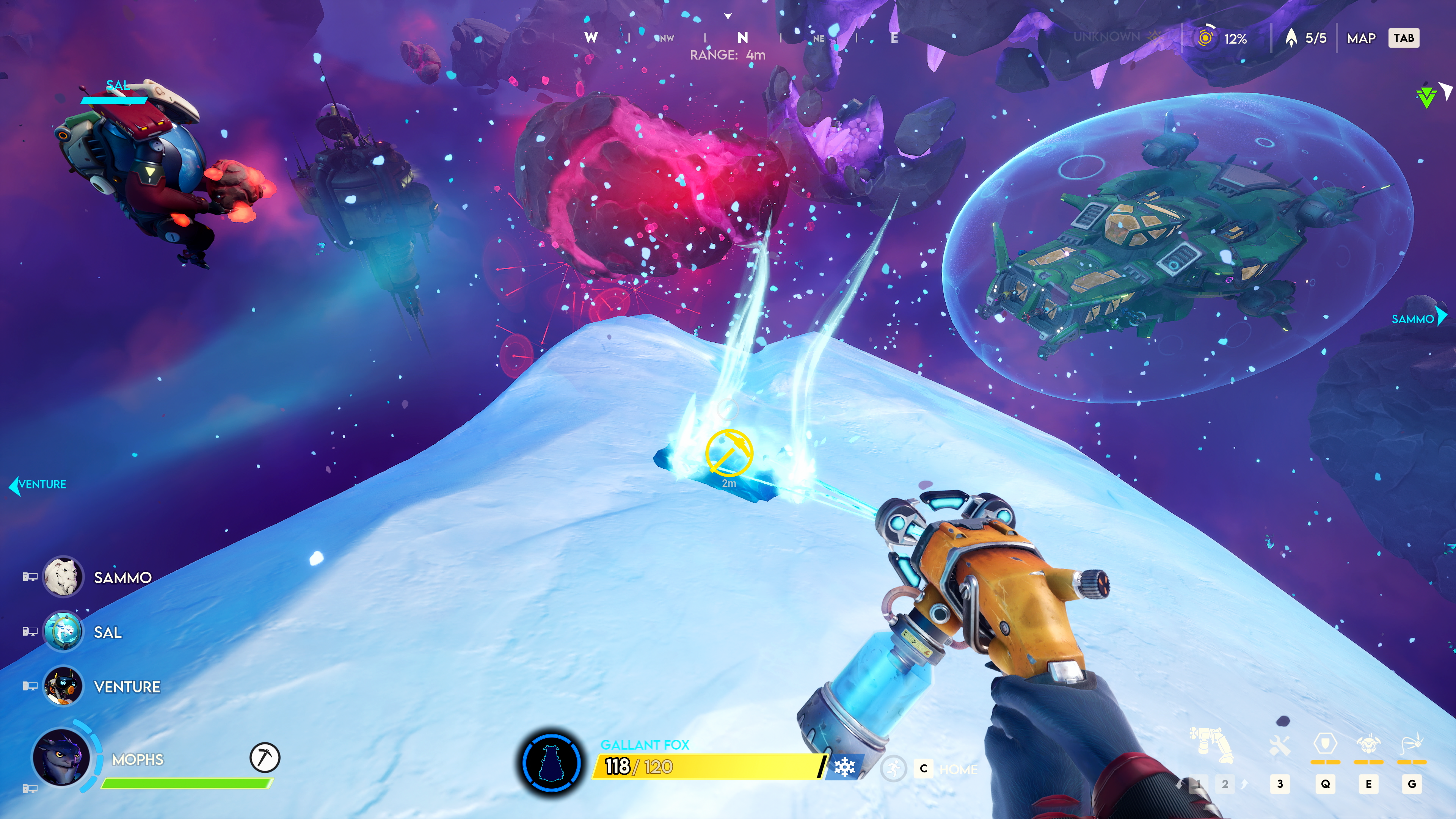 “We saw all these studios starting up and we have a lot of relationships,” he remarked. “We knew many of the folks starting these ventures and wanted to create a structure that allows us to be helpful and supportive, rooting for these studios to succeed.”
“We saw all these studios starting up and we have a lot of relationships,” he remarked. “We knew many of the folks starting these ventures and wanted to create a structure that allows us to be helpful and supportive, rooting for these studios to succeed.”
Throughout GDC, conversations revolved around the industry's ongoing crisis, particularly the emphasis on profits leading to cancellations, shutdowns, and layoffs. When asked about the balance between craft and business, Morhaime believes that the two are not mutually exclusive but stresses the importance of allowing room for occasional failure to foster innovation.
“I think to create an environment that encourages innovation, you need a certain level of safety and space to experiment and try new things,” he said. “While we're not against our products being successful and profitable, it's about focus. Our teams aren't fixated on maximizing profitability at every step but on creating the best possible experience. This approach is not only the right business strategy but also positions us better for long-term success. The gaming industry is highly competitive, with countless games released each year. The only way to stand out is by offering something truly special.”
Given that Dreamhaven and many of its partners are staffed by AAA veterans, I asked Morhaime about the key lessons he took from his time at Blizzard. He emphasized the importance of an “iterative” game development process.
“It was never linear. We always encountered obstacles and things that didn't work as planned, but we had the flexibility and adaptability to address these issues along the way. It's crucial to approach development with an experimental mindset, willing to try things and, if they don't work, go back and fix them until we're proud of the result.”On the other hand, I asked about the biggest difference between his work at Blizzard and his current role at Dreamhaven. He succinctly answered: agency.
“Probably the biggest difference is that we have an incredibly experienced team, and our structure gives a significant amount of agency to our studio leadership teams,” he noted. “It creates a unique environment where our studios have a supportive relationship with the central company. The central teams exist to meet the needs of the studios, and our studio heads and leadership are also founding members of Dreamhaven, making it a true partnership.”
Our conversation shifted to new technologies, particularly the contentious topic of generative AI. While the technology is met with skepticism by gamers and concern among developers, many AAA companies are integrating it. Morhaime acknowledged Dreamhaven's cautious approach, using AI for research on best practices and internal policy drafting but not yet in their games.
“As a technologist, I find it incredibly exciting to witness the birth of such fascinating technology in our lifetime,” he shared. “Just a few years ago, I couldn't have imagined generative AI's current capabilities. There are numerous complexities, legal and ethical, and it's challenging to predict its impact on our lives. While many of these impacts will be positive, some are concerning. Ignoring AI won't slow it down; those who do will be at a significant disadvantage.”On a less controversial note, we discussed the upcoming Nintendo Switch 2. While Sunderfolk and Lynked are set for release on the Switch, and Mechabellum remains Steam-exclusive, Wildgate notably did not include the Switch in its multi-platform announcement. Morhaime remained tight-lipped about this but shared his thoughts on the new console.
“I think console transitions can be both disruptive and invigorating for the games industry,” he stated. “For a gaming startup like ours, these transitions are positive. If you already have games on the market, there might be some disruption to consider, but that's not an issue for us. As a gamer, console transitions are always exciting.”
As we concluded, I asked Morhaime if he believes Dreamhaven has achieved the mission he outlined five years ago, of being a “beacon to the industry.” He believes they are not there yet. They need to release their games and see how players and the industry respond. “We must produce games that people love and achieve financial success, as otherwise, we won't be seen as a beacon,” he explained.
“Ultimately, I want Dreamhaven to build a reputation where the brand signifies quality and trust. Players should know that if a game comes from Dreamhaven, regardless of the genre, it's going to be something special, sparking their curiosity to explore it.”










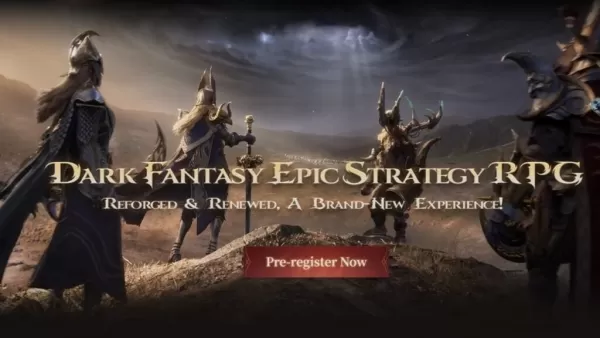
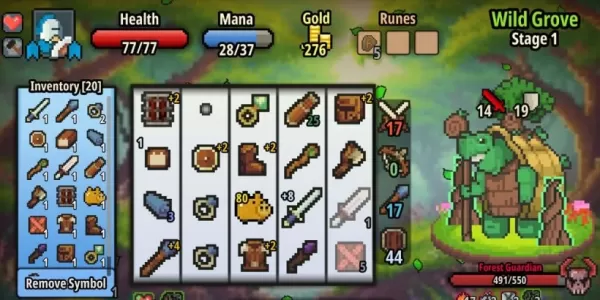


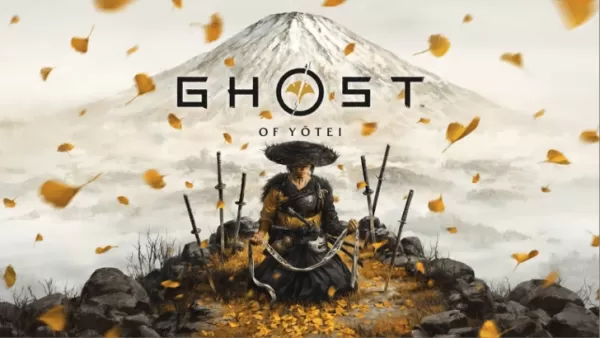





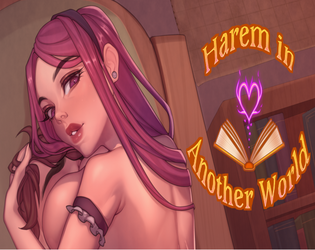

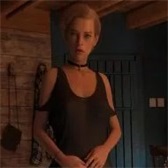
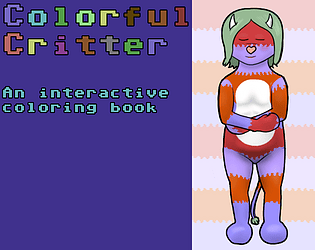
![Salvation in Nightmare [v0.4.4]](https://imgs.21qcq.com/uploads/36/1719555347667e551321c26.jpg)
